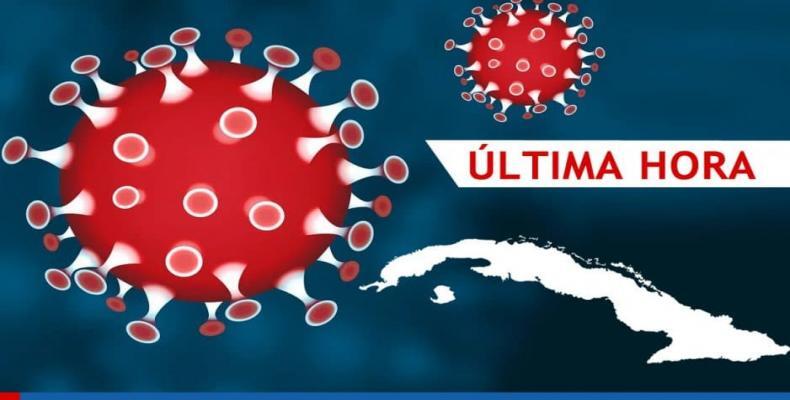“Cuba has all the resources to treat patients from the moment they’re identified as suspected cases of the new coronavirus,” health authorities said Friday.
Updating journalists on the epidemiological situation in the country regarding the COVID-19 pandemic, Dr. Francisco Durán García, National Director for Epidemiology at the Cuban Ministry of Public Health, stressed that Cuba has all the necessary resources to treat patients of covid-19 as they emerge.
“We have implemented different treatment schemes. We are using anti-viral drugs like Oseltamivir, which we normally use to fight flu. We are using also antiretrovirals like Kaletra that we use to treat patients of HIV-AIDS. We are using the Cuban medication Interferon Alfa 2-B, which has proven very effective on patients diagnosed with covid-19 in China,” he said.
Before the outbreak in December, a plant set up by Cuba and China was already producing this Cuban medication there.
“Our treatment scheme includes also chloroquine –a medication used to treat malaria patients, and which has also yielded some good results on covid-19 patients,” he said.
The National Director for Epidemiology at the Cuban Ministry of Public Health further said a team of Cuban experts and researchers is constantly evaluating the effectiveness of these and other treatment mechanisms that are being tried in other countries, particularly those with higher incidence rates.
Dr. Alicia Alonso Becerra, Deputy Minister of Higher Education explained at the press conference that all entities and centers attached to higher education in the country have their own control and prevention plan against covid-19, which is based on the national plan approved by the Ministry at the national level, but adapted to their specific needs.
“Each and every university and entity attached to higher education has its own control and prevention plan, which includes the measures set by the Ministry of Higher Education at the national level and other specific measures depending on the characteristics of the center itself and of the area where it is located.”
The education official explained that every center and entity reports to the Ministry of Higher Education on the epidemiological situation on a daily basis, and the adoption of new measures depends on that.
She stressed that educational centers and entities at all levels across the country have strengthened their control and surveillance actions.
The Cuban deputy minister of higher education confirmed that there is not a single case of covid-19 transmission at any of the education centers or entities across the country. “Therefore, there is no need for suspension of class or for school closures at this point.”
She stressed that Cuban authorities do not rule out suspending classes and closing schools if necessary, but that’s not the case at this moment.
Meanwhile, Dr. Jorge González Pérez, National Director for Medical Studies at the Cuban Ministry of Public Health, pointed out that the emphasis of the Cuban health system on primary healthcare is a strength, allowing for the early diagnosis of patients with acute respiratory symptoms.
He said that medical students are now involved in a massive screening campaign at the community level, going door to door and asking about family members or neighbors who have respiratory symptoms.
“Yesterday, alone, more than one million people were interviewed in their homes, as part of this campaign. The medical students came in contact with those persons, but they did so with strict observance of the safety measures and protocols, in which they were previously trained,” he said.
It’s a massive campaign, organized by health services at the community level.
“We’re taking every precaution to protect the medical students involved.”
In cases in which the medical students identify people with respiratory symptoms, they send those cases to the family doctor’s office in the area, who then conducts a thorough clinical analysis, case by case.
“The aim is for the early detection and diagnosis of any possible cases of covid-19.”


